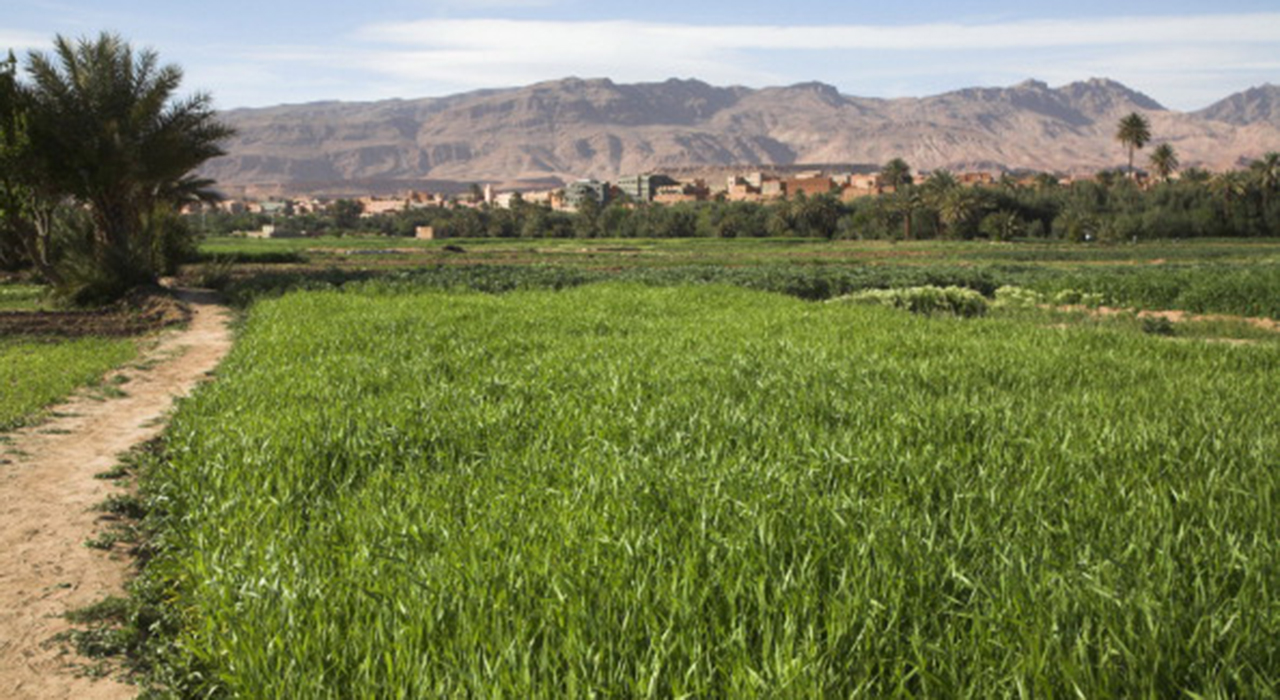North Africa foresight
The first part of this report proposes a regional analysis of the main vulnerabilities to climate change, the potential breaking points, as well as the challenges and state responses. It then provides a country-by-country analysis of Algeria, Tunisia and Morocco.

In order to improve the quality, readability and operational scope of its reports, the Observatory team, together with the DGRIS and the members of the steering committee, has been working on redesigning the general organisation of the study reports (ER). This new version focuses on the countries in the study area, opting for a geographical rather than thematic presentation. As a result, the main data and country characteristics appear more clearly and allow for quicker access to key information. The report is now presented in the following form:
The first part covers all the issues and provides a regional summary. It acts as a transversal summary of the report and replaces the previous version of the ten-page summary (the three-page summary is also kept in its original form as a report teaser)
A second part, the heart of the report, presents the elements collected on each country. It is organised into several sub-sections, each devoted to the study of a State in the region. These “country sheets” are structured as follows:
– A summary on the first page summarises the central elements of the sheet (main political and socio-economic indicators, climate characteristics and expected developments, climate policies implemented, degree of consideration, energy profile, defence statistics); presents a general summary; indicates the main strengths and weaknesses of the country with regard to the climate-defence-security issue; reminds us of the main lines of the prospective scenario and the elements relating to the typology
– A first part devoted to the country’s exposure to the impacts of climate change;
– A second part devoted to policy responses to climate change risks;
– A third section examining the capacity of the military to manage the risks of hydro-climatic natural disasters;
– A fourth part presenting the crisis scenario(s) in which the impacts of climate change would play a significant role (contextualisation, summary of events, analysis of the consequences for France, operational responses to be provided, summary table).
Appendices, including the list of people interviewed, the bibliography for each country sheet and graphic elements





